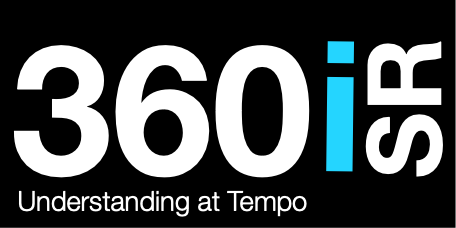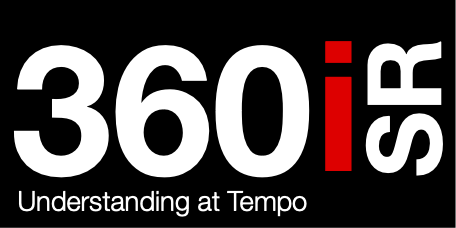The End of the Tactical War?
Operational Understanding is critical to success in contemporary conflicts.

The withdrawal of coalition troops and subsequent advance of the Taliban marks a significant point in the evolution of conflict. It marks the end of the Tactical Conflict. Western militaries are very good at creating tactical effect: we can create pockets of security around our forward operating bases; we can secure and hold a village and we can use PGMs for pinpoint targeting. However, outside of these activities, we have little to no effect. The Taliban, on the other hand invested time in to creating operational effect. The results are clear.
I have spent many tours in or over Afghanistan from Oct 2001 during the initial fight to Kabul, to facilitating airstrikes in support the ‘JTACs on Horseback’ in the North and running Combat Search and Rescue missions during and after Op Anaconda to working in a divisional HQ in 2008/9. My last job was to create understanding of the local populations perspective of the coalition, effectively asking “How are we doing?”. The response was not, in my opinion, unexpected, and yet when we presented the findings to the General we were kicked out and told to reassess all data as the results could not be true.
What were the results? Well, it showed that we had lost all support and control in Kandahar, it also showed that the top 3 strategic goals of the coalition, schools, roads, security were nott aligned to the local needs: security, security, security.
It was at this point in my education that I cemented the idea that conflict fought at the tactical level, without linkages to the operational line, is doomed to failure. We should no longer take solace from short lived effect when the adversary was willing to wait 20 years.
The value of linking the tactical line to that of the operational is now, more than ever before, critical, especially to western militaries. Within the operational plan is contained the end state: the definition and declaration that if certain conditions are met, the operation is deemed a success. The problem with Afghanistan is that the end state was changed so frequently, the military were trying to achieve changing and therefore unobtainable goals. Unless tactical successes can be mapped to this operational end state, how can a military command, a government and a population be informed as to whether we are contributing towards the end state or not. If a population cannot see improvement, they will quickly lose faith with the government and/or the military. Without public support a government cannot act.
The adoption of the operational line is a key tenant of the RNLAF modernisation program. They have declared that they will become an operational force, but importantly, working with 360iSR, they have identified methods by which this can be achieved. The result is an ability to understand change and link that to operational progress.
UNDERSTAND – EFFECT – UNDERSTAND – ADJUST
So, has the tactical conflict seems its end? I fear not. I fear that the west will continue along the road of tactical prowess at the expense of operational understanding. Unless we are very careful, this will lead to a disconnect between the military and the public that they serve.
Afghanistan has proved beyond doubt that a modern military needs to have relevance to both their public and, in contemporary (fifth gen) conflicts, the public of the conflict zone. Both groups are contemporary centres of gravity and therefore need to be understood. Although there will be review and recrimination following the unfolding events in Afghanistan, what we must do is to learn. On the back of the Chilcot report, the fall out from the Libyan conflict, the activity in Afghanistan demands that militaries and governments need to embrace operational understanding as a critical capability for all future conflicts.



